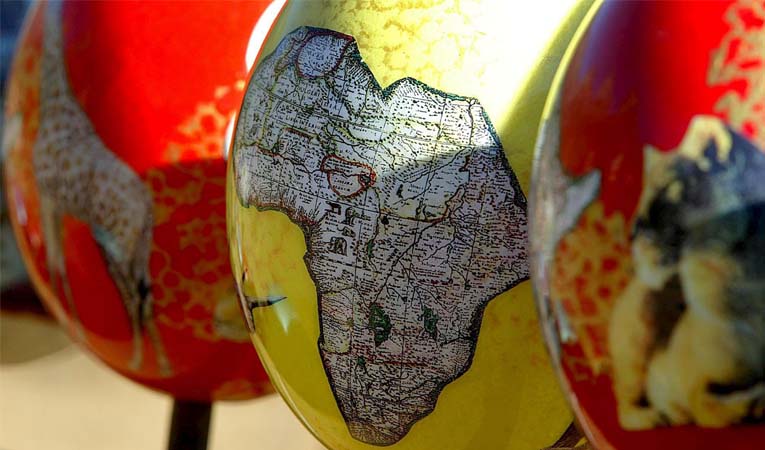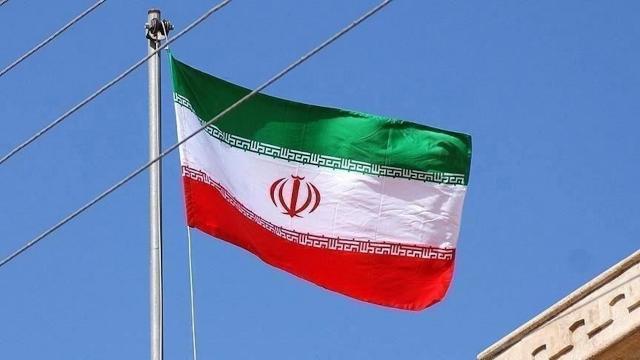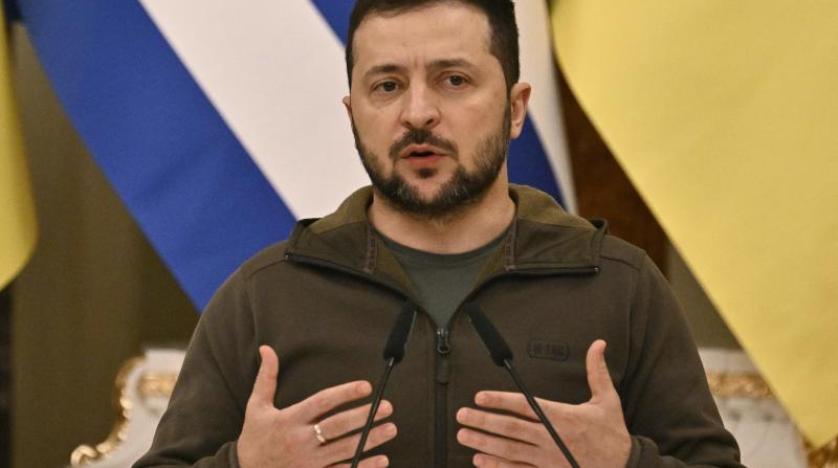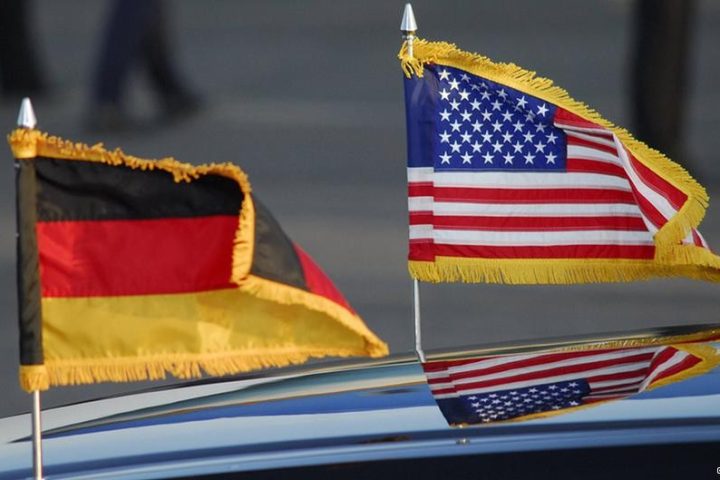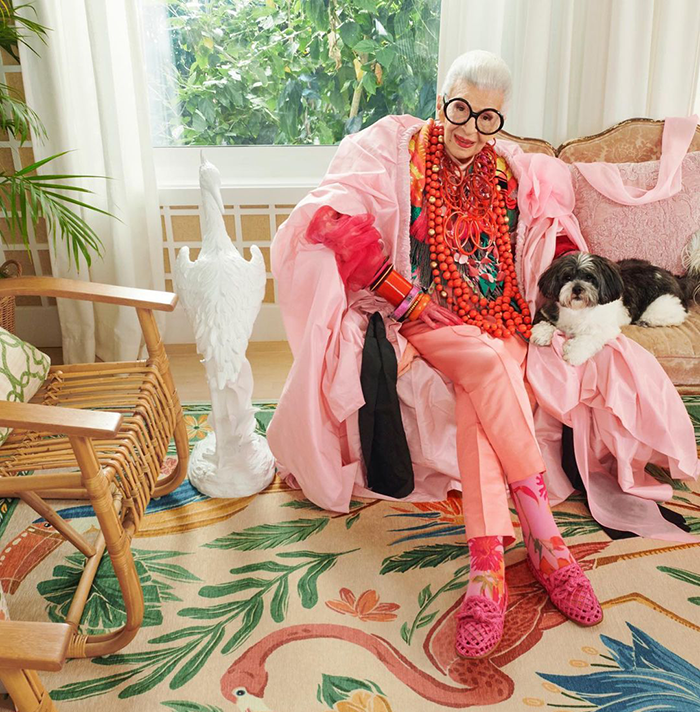When the American reaction to the left, which showed the ability to advance to the grassroots after the 1960 coup d’état in Turkey, was discussed in rooms with maps on the walls, Islamism was beginning to build its own base with heavier but more consistent advances than the left. In the period leading up to September 12, the left evolved into a pathological movement with a Soviet background, both because of the limited base and because it took defeat for granted with every move it made in the face of the organized forces against it.
Islamism, on the other hand, without any model of society, politics or economy, with a distorted historical consciousness formed by the Anatolian Islamic Tradition, imported books and hostility to Real Kemalism, continued its evolution with an ideologically barren but deep-rooted base that is a candidate for the future governance of the country. If the 1979 Iranian revolution had not succeeded, it is not known whether America would have taken Turkey and the Islamists so seriously, but Islamism, which September 12 passed by tangentially, would have been the main actor in the process of Americanizing Turkish society! With each new year that passed after the coup, Turkish society became more capitalist in its economic character, more modern in its ideological infrastructure and more conservative in its religious character, and the vast majority of Turkish society turned into a tiny America full of congregations that visit shopping malls when they are bored, are at the top of the world rankings in terms of television viewing rate, have weight problems, have high antidepressant consumption and each of them repeats the same things, but each of them promises different worldly and ethereal blessings to its members.
Since congregations were undoubtedly the most important actors in this process, being the favorite institutions of all political and commercial figures with their huge human and financial power, even questioning their existence was seen as a kind of “enmity against religion, a variation of blasphemy”. Had it not been for the process that started with the Fenerbahçe match-fixing case and extended to the July 15 attempt, perhaps we would have thought many times even while writing this simple text. Just like the Osmanogullari Principality, which was the smallest of the principalities, turned into an empire among the other principalities, Fethullahism, which grew into the most luxuriant tree in the nursery of sects (I will not use the dichotomy of sects because there is no such thing as a sect today, each of the structures that use the names of sects are modern and Americanized congregations that use the franchise of historical sects), strangely enough, as if the units it gained in Turkey were not enough, it also set its sights on the third world.
Normally, the goal of any political or religious movement in Turkey is to make a certain town or neighborhood a liberated zone and boast of its success throughout the coups, but here we had an unusual orientation. Whether Fethullahism, which started as a movement of Aegean shopkeepers and turned into the largest – albeit highly hormonal – organization that could expand from Turkey to abroad, had the ideological caliber to set its sights on the third world, or whether this infrastructure was offered to the community as a package is another matter! However, even today, in the countries I have visited, I have observed with little surprise that the Hüdai Foundation, İsmailağa Jamaat, Süleymancılar, etc., which are trying to take the place of the collapsed Fethullahist structures, have not been able to do anything beyond mosque building associations. I don’t know what the results would be if the organizations left behind by the Fethullahists were left to other congregations and not to business and professional groups. However, if the units left behind by the Fethullahists were somehow taken over by business, professional and chamber associations that are not obsessed with any congregation or ideology and made to work in favor of Turkey, it would mean saving 30-40 years of expenditure. It is not our task to explain how this would happen. Not only are we businessmen who are concerned with livelihood and profitability, but the Turkish foreign service already has the sharpest minds in the world, dozens of bureaucrats and diplomats, each with enough experience to pull 20 Dugins out of their left pockets.
Let’s get to the point: In our conversations with every business person we have met in the last 3 years through consultancy, lectures, B2B or various relations and who sees Africa as an indispensable source of export for them, the subject would come back to the state of the Fethullahist organizations there. Currently, dozens of companies close to the government and municipalities were hesitant to offer goods and services to incoming requests or to the African market, whose potential they had discovered, for fear of being labeled as Fethullahist. I even had to write this article because a few businessmen did not participate in a few B2B meetings I organized, saying that you should go and make the visits for us, just because they were afraid of the label of being associated with the Fethullahists.
First of all, to write about how the Fethullahists have established a commercial network in Africa, we need to put the Brotherhood’s schools at the center of the meaning. As a recent example, we know that foreign schools were one of the results of the autocolonization process of the Ottoman Empire and one of the first acts of the Republic was to enact the law of tevhidi tedrisat to facilitate the control of these schools. When a country finds its own knowledge inadequate in the face of the cultural and technical know-how of foreign invaders, it considers it a debt and an honor to send its children to foreign schools out of concern for career and quality of life, at the cost of high tuition fees and alienation of the child from its society. In a geography like Africa, where colonialism was under the rug, besides the British, French and Canadian schools, the schools of Muslim and European Turks, who had no concrete colonial history with Africa, were seen as an alternative, a hope, especially among rich, noble and bureaucrat Muslims. The schools, which gathered the children of the most potential families of the countries, would soon turn into a Business Office, a business network between Turkey and Africa.
When African businessmen talked about their retail needs, especially in terms of daily consumption, groups from Kayseri, Gaziantep and Denizli made their first sales by getting their malaria vaccinations and taking 2-3 connecting flights to places where Turkish airlines did not fly and where they could not find on the map. For the African businessman, the school had turned into a phenomenon that both raised his child and his trade, and for the Turkish businessman, it had turned into a consultancy office with a profitability he could not even dream of. The process that had started with the sale of shoes, pasta and chewing gum had turned into one of the most powerful networks in the world, where huge dam and refinery projects revolved. Nothing was easy in Africa for a Turk who no longer had a real relationship with the community, who no longer participated in business trips with them, who no longer sent his himmet to the regional brother after every trade.
In the period after July 15th, the ones who did not have it easy were the group of principals and teachers who were stuck in Africa and other countries, who were unemployed in their home countries, who were not able to move to the US, Canada, Germany and the UK because they were not valued by the community. These people were educators, they did not understand trade and commercial relations and their schools had lost a lot of students. Living in Africa as a white man was very costly and required money. Donations from Turkey stopped completely and any group of Turkish businessmen would change their ways as soon as they realized that the African Turks they met were Fethullahists. The river dried up, flattery gave way to ostracism, and all the strength that was available turned into a shattered powerlessness. At a breakfast I attended about six years ago, the selves who had asked, “Brother, how can we help you?” with looks full of self-confidence had come out of the fan and encountered the real world.
This is the real situation in Africa at the moment, which is more beneficial than harmful for businessmen who want to expand into the region. Intentionally or unintentionally, the Fethullahists have been very effective in propagandizing Turkishness and Turkish goods in the region. Today, Turkish goods in Africa mean European standard goods sold at Chinese prices. In Africa, where the most commercial aspect is the lack of competition, the Turkish infrastructure is strong enough to blow the socks off from Namibia to Gabon in terms of services and goods, even though the competitive environment is getting more competitive every day. But Africans want to see a seriousness and professionalism – at least at the standard of the Fethullahists – in front of them. In other words, Africa is losing its ability to be conquered by shopkeepers with a suitcase of biscuits or 50.000 USD in their pockets. But it still contains a frenzy of need where small investments and efforts can turn into giant companies with the right network and qualified business knowledge.
**Content has been translated faithfully from the original version. It may not reflect the editorial policy of the fikrikadim.com website.

